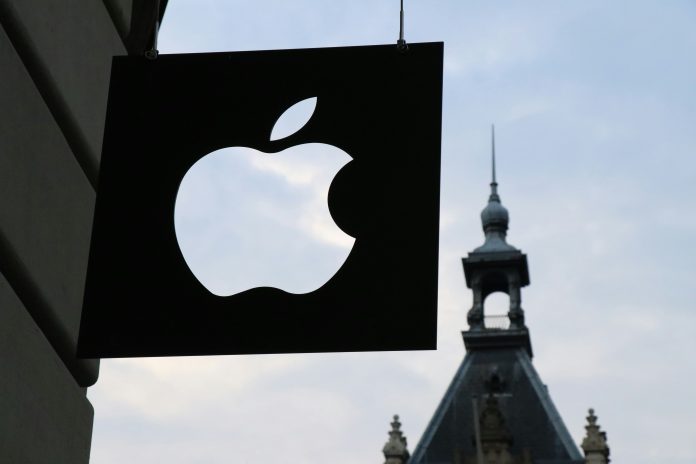
Apple has announced a change to their guidelines and will now permit retro game emulators on the App Store.
In gaming, an emulator is a piece of software or hardware which enables you to play a video game on a device different to the game’s origin. It can be a more affordable and accessible way to experience classic games, perfect for the nostalgic gamer.
Previously, Apple users could only access emulators through “jailbreaking”, a process which removes software restrictions to gain root access to a device. Jailbreaking helps avoid manufacturer controls but also carries the risk of malware attacks and system crashes.
With the announcement of the policy change, Apple has warned that developers are responsible for ensuring their emulators comply with copyright law and Apple’s App Review Guidelines. If an emulator fails to meet these rules, it will be rejected.
As emulators operate by reading ROM (Read-only memory) or ISU (Independent Site Unit) files, they require ownership of a game to work, otherwise, it would be piracy. This means that only the company that owns the rights to a game will be able to release an emulator for it on the App Store.
Apple’s decision to authorise emulators follows late in the footsteps of rival company Android, where users have already been able to emulate retro games for years. The u-turn in policy suggests that the tech giant is interested in increasing their presence on the retro gaming scene.
Words by Jennifer Cartwright
We’re trying to raise £200 a month to help cover our operational costs. This includes our ‘Writer of the Month’ awards, where we recognise the amazing work produced by our contributor team. If you’ve enjoyed reading our site, we’d really appreciate it if you could donate to The Indiependent. Whether you can give £1 or £10, you’d be making a huge difference to our small team.